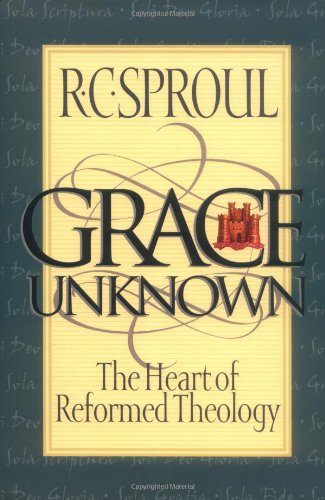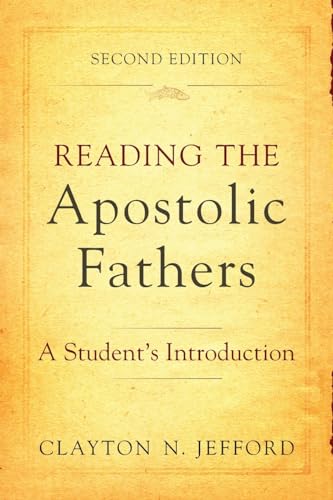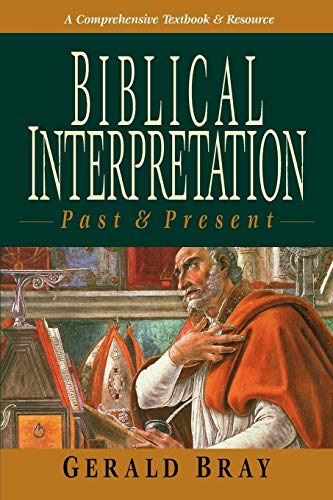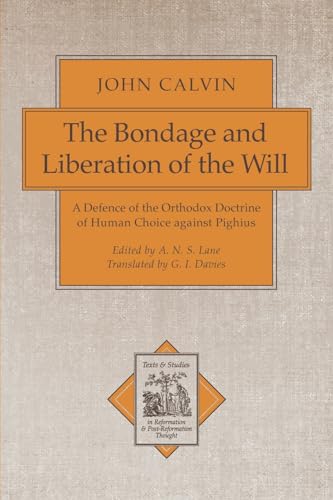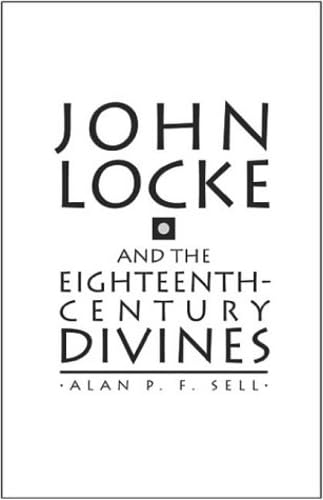Uniqueness of Jesus (Thinking Clearly Series)
Written by Chris Wright Reviewed By Chris PartridgeThose familiar with Chris Wright’s little booklet What’s So Unique About Jesus? (1990) will welcome this revised, expanded and updated version. As part of the Thinking Clearly series edited by Clive Calver it is ‘written from a mainstream Christian standpoint’ and ‘combines clear biblical teaching with up-to-date scholarship.’ Commendably, although Wright has gone out of his way to avoid technical jargon, where he has found its use necessary it has been carefully and accurately explained. For example, even though the term ‘ontology’ is adequately defined (p. 29), when he uses it again later in the book (p. 82) he makes a point of reminding the reader of its meaning. Along with this concern for clarity, the layout of the book will make it very difficult for the reader to lose the thread of the argument. Firstly, at the beginning of each chapter there is a short paragraph explaining what is about to be discussed and indicating how it fits in with the overall argument of the book. Secondly, the chapters are concise and have plenty of subheadings. Finally, there are frequent indicators in the margins as to the main points being addressed. All in all this is a model of clear, disciplined and very accessible theological writing at an introductory level which, without being overly technical, avoids superficiality.
Along with a short introduction and conclusion, there are six main chapters. The first of these, ‘Surveying the Scene’, introduces the reader to the issues raised for Christians by religious plurality and the increased knowledge of other faiths as well as to some of the ways thinkers have responded to these issues. Adopting the now common (but questionable) categorisation of ‘exclusivism’, ‘inclusivism’ and ‘pluralism’, the following three chapters critically discuss each of these approaches in turn. Although Wright incorrectly understands Clark Pinnock and John Sanders to be exclusivist (p. 48) rather than inclusivist, he provides a clear and accurate introduction to these three broad approaches.
Having said that, I was struck by the book’s slightly unfair bias towards exclusivism. Whereas it would be hard to give a positive assessment of pluralism in a book defending the uniqueness of Jesus, this is not the case with inclusivism. Although Wright clearly has some sympathy with the inclusivist approach, and expresses this several times, his argument is very much that of an exclusivist. For example, it was made clear that, regardless of the merits of inclusivism, if readers want to be consistently biblical and evangelical then exclusivism is their only option. Certainly, along with the very worthwhile seventeen pages unpacking the varieties of exclusivism, the book would have benefited from a little more than just over ten pages expounding inclusivism. Indeed, not only does much of this short discussion focus on the perceived problem areas, but he makes the rather dubious claim that inclusivism is the beginning of ‘a slippery slope that lands up in pluralism’ (p. 65). Yet, concerning this latter claim, (and Wright seems to recognise this) whereas exclusivism and inclusivism exist side by side as theologies of religions, there is a large chasm between inclusivism and pluralism. This chasm is principally determined by the respective understandings of the significance of Jesus. For the inclusivist, as for the exclusivist, the finality of Christ is a non-negotiable theological axiom which bars the way to pluralism. Nevertheless, even if Wright had a point, surely a thesis should not be dismissed simply because it is capable of unbiblical development. As the history of Christian thought demonstrates, many of the fundamental tenets of orthodoxy have been interpreted in unorthodox ways.
Again, although the ‘anonymous Christianity’ of the Roman Catholic theologian Karl Rahner is the obvious and popular choice when it comes to critiquing inclusivism, it would perhaps have been more helpful for the principally evangelical readership of this book to have had an exposition of the evangelical inclusivism of such as Sanders and Pinnock.
The final two chapters of the book very helpfully focus on the Bible, with particular reference to the OT. The first of these chapters, ‘Jesus and the Bible’, examines ‘how the OT prepares us for Jesus, by helping us to grasp the seriousness of sin and the need for a ‘big’ salvation, by showing us the unique way God worked through Israel, and by showing us the uniqueness of God himself, as Yahweh’ (p. 87). The final, largest and best chapter, ‘The Bible and Human Religions’, is a helpful and interesting introductory discussion of the biblical understanding of religious plurality. Of particular interest are his comments regarding interfaith dialogue, the prologue of John’s Gospel and Cornelius (Acts 10).
Throughout the book one is subtly made aware of the fact that its author is a gifted biblical scholar and teacher. As such, many readers familiar with theology of religions literature will find particularly the final chapters stimulating and refreshing. Having said that, although this is an introductory book for Christians, and although it would therefore have been inappropriate to enter into some of the more philosophical debates, those who have done some reading in the area or who are dealing with the issues at university level, may find it a little frustrating that Wright does not discuss (in his very accessible style) more about, for example, Hick’s mature work in An Interpretation of Religion, or theories developed in the tradition of George Lindbeck and J. A. DiNoia, or the arguably more consistent pluralism of postmodernity.
That said, this is not meant to be a university textbook or an academic monograph, but rather a basic introduction for biblical Christians wanting to understand and defend the uniqueness of Jesus in a religiously plural society. As such, and as a cogent example of evangelical exclusivism, it is to be recommended. However, I suggest that Christians concerned to construct a biblical theology of religions also consider the arguments developed in the following three books (taken from Wright’s selection of books for further reading): P. Cotterell, Mission and Meaninglessness (London: SPCK, 1990); C. Pinnock, A Wideness in God’s Mercy (Grand Rapids: Zondervan, 1992); and J. Sanders (not, as listed, J. O. Sanders who would certainly concur with Wright), No Other Name (Grand Rapids: Eerdmans, 1992).
Chris Partridge
Department of Theology and Religious Studies Chester College



